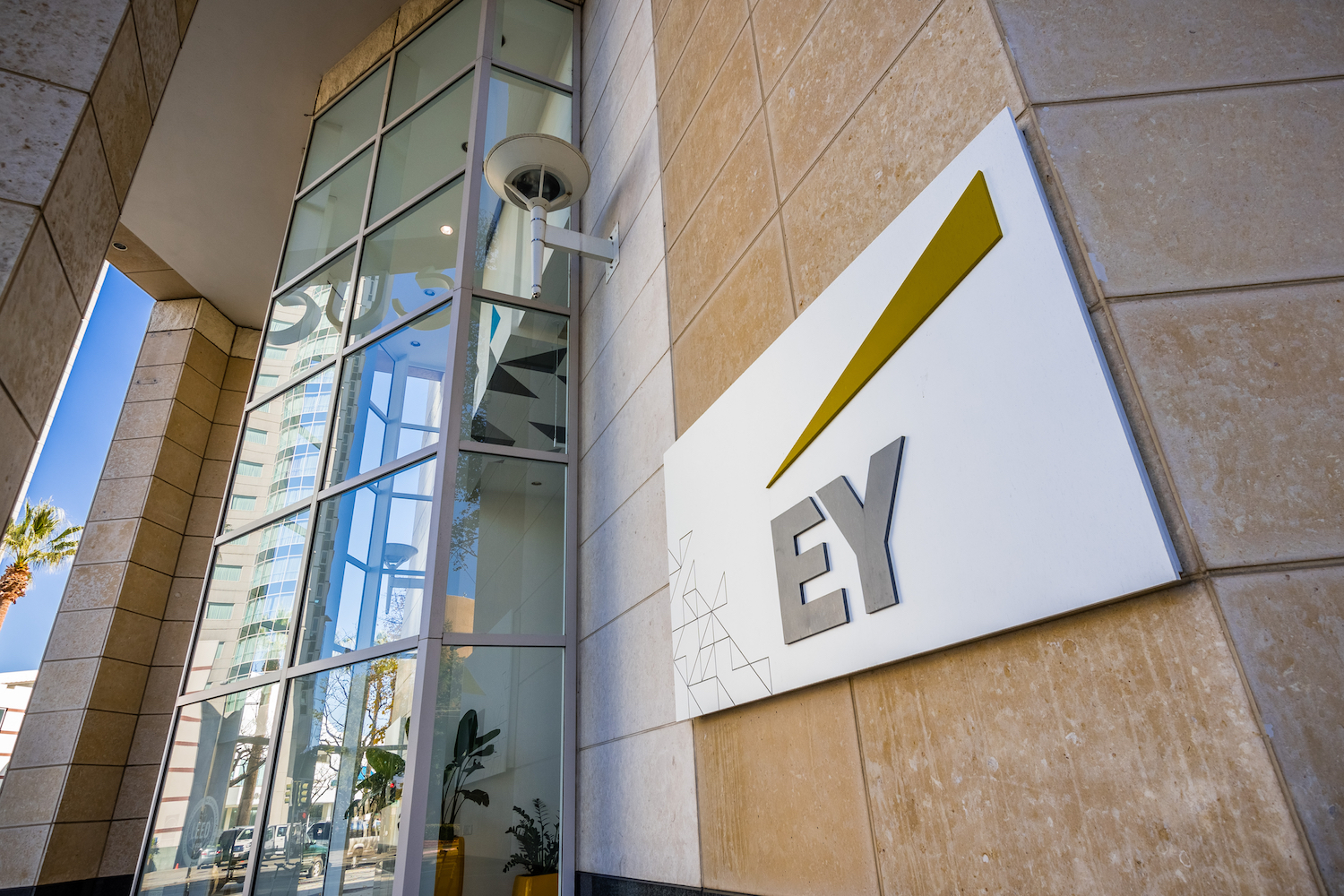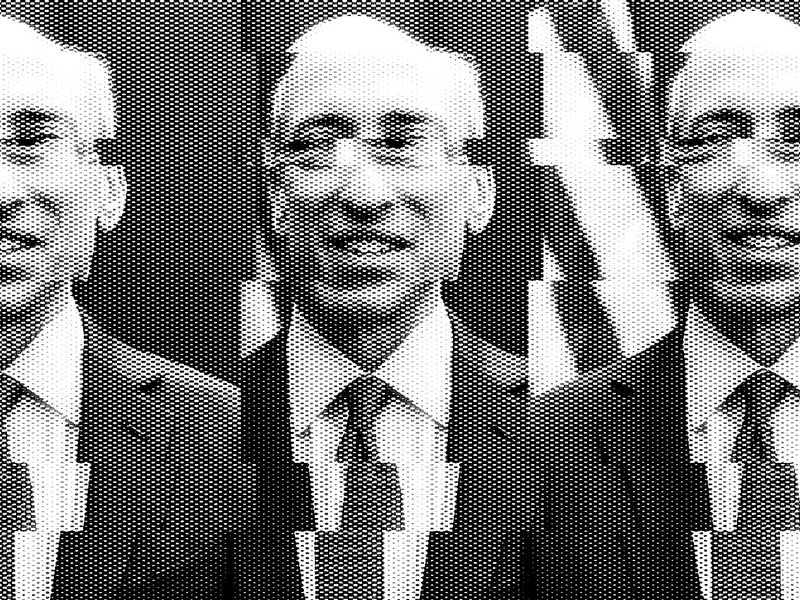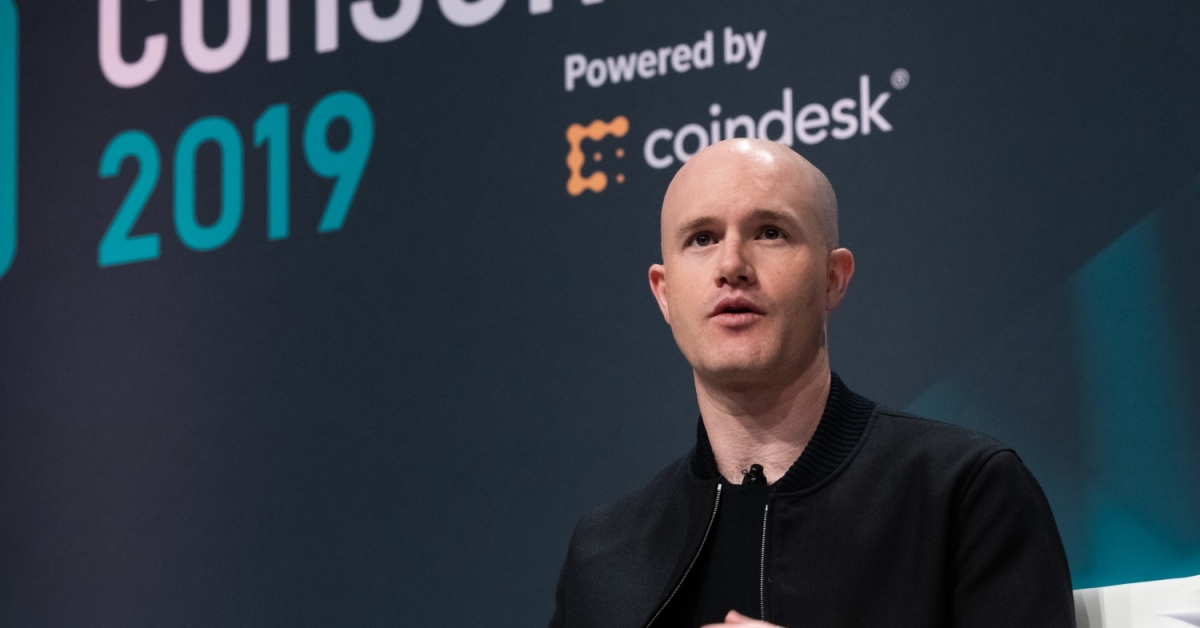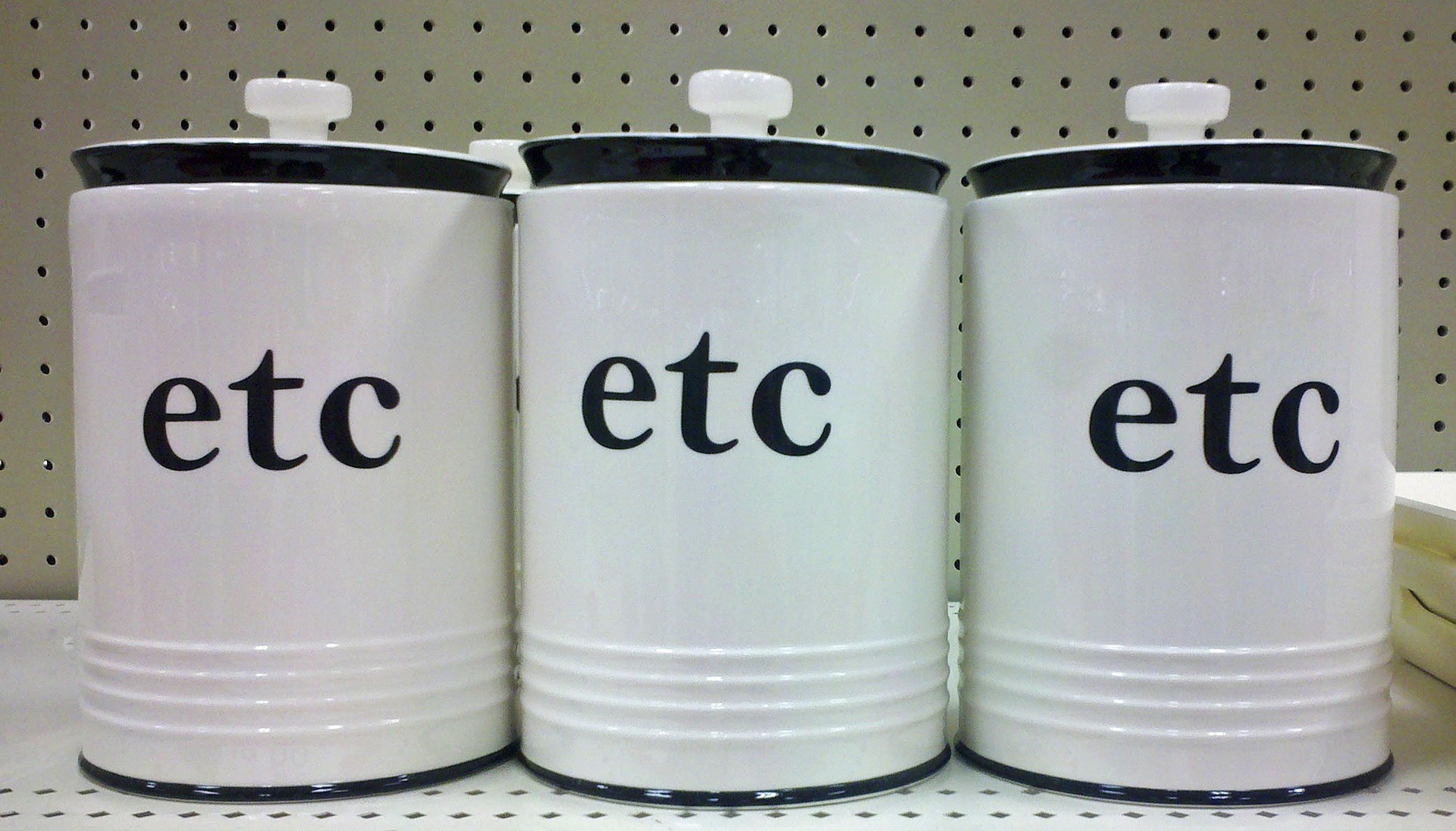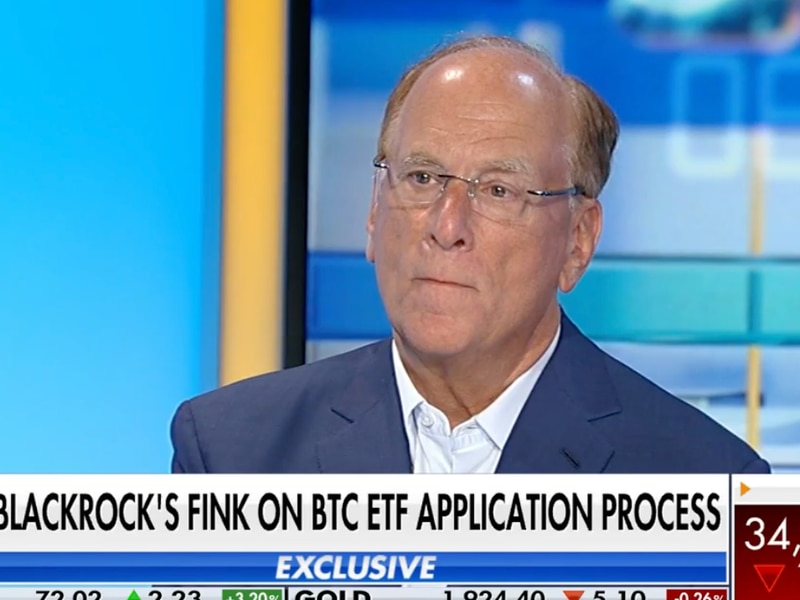Fed Governor Brainard Identifies Libra Threat, Says Regulatory Hurdles Abound

Federal Reserve governor Lael Brainard delivered a sharp critique of Libra on Wednesday, stating the Facebook-led project would need to resolve a number of regulatory hurdles before going live.
In a transcript of speech delivered on Wednesday at The Future of Money in the Digital Age forum in Washington, D.C., Brainard outlined how global stablecoin projects raised complex regulatory issues that at best could delay Libra’s anticipated 2020 launch, and, if left unresolved, place consumers and the international banking order at heightened risk.
The problem? Stablecoins could be too successful – perhaps even rivaling central bank-issued cash.
“If a large share of domestic households and businesses come to rely on a global stablecoin not only as a means of payment but also as a store of value,” it could impact central banks’ balance sheets, Brainard said.
Libra is in a unique position to accomplish this, with direct access to Facebook’s gargantuan user base – “a third of the global population,” she noted; and perhaps more, given that Libra plans to be available to individuals off the social network, too.
But for all those potential users, Brainard cast doubt that regulatory answers were there.
Those consumers might not understand their digital wallet rights, she said. And neither do the regulators who have built a firewall of consumer protections around traditional bank accounts, from insuring deposits to holding financial institutions liable for fraud.
“Not only is it not clear whether comparable protections will be in place with Libra, or what recourse consumers will have, but it is not even clear how much price risk consumers will face since they do not appear to have rights to the stablecoin’s underlying assets.”
Libra’s plans to be “opaquely tied to a basket of sovereign currencies” further complicate matters because it is unclear what right users and holders would have to those underlying assets, if any.
In conclusion, she said:
“It should be no surprise that Facebook’s Libra is attracting a high level of scrutiny from lawmakers and authorities.”
Debating the Digital Dollar
Her speech also touched on what an ‘active’ debate within the Federal Reserve: the merits of the U.S. issuing a “Central Bank Digital Currency” – a digital dollar.
Brainard, who has downplayed the need for U.S.-backed crypto in the past, continued to argue for that side, and on a number of levels: its implications on monetary policy, operational security risks, threat to financial stability. Even its ramifications on user privacy.
“If [a digital dollar] is designed to be financially transparent and provide safeguards against illicit activity, a central bank digital currency for consumer use could conceivably require the central bank to keep a running record of all payment data using the digital currency—a stark difference from cash, for instance.”
But she said that Fed would continue to consider a digital dollar’s pros and cons. Fifteen-hundred miles southwest of the capitol, another central banker, Federal Reserve Bank of Dallas President Rob Kaplan on Wednesday said the same.
Federal Reserve image via Shutterstock


